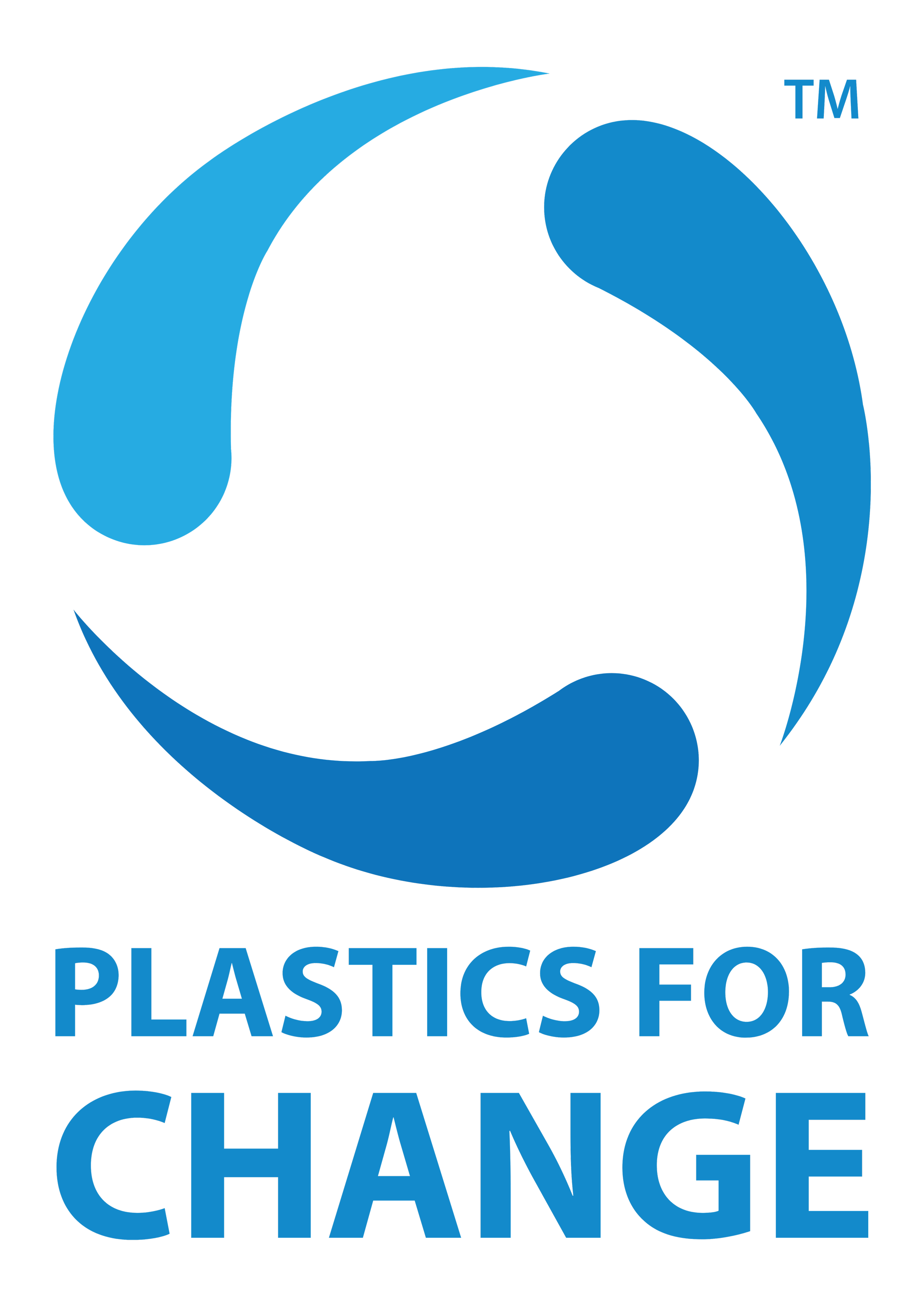INFRASTRUCTURE DEVELOPMENT
Scrap Shop works in extremely rudimentary conditions, the informal sector can often recycle considerable quantities of recyclables with little to no start-up or operational costs.However, the nature of their role means that many people operate without protection, recognition or social benefits.This program formalise their work by improving work conditions thereby improving the quality of sorted material.We provide better working conditions to scrap shops and it’s workers by upgrading basic infrastructure and improved working conditions for workers towards better efficiency and ethically compliant enterprises to enable continued access to global markets
The infrastructure development program not only protected the recyclers from the innate hazards of their work, but also helped add credibility and legitimacy through the uniformity and professionalism of the equipment.
Nawaz started working in plastic waste management at the age of 14. He managed to collect 30 tons of dry waste monthly. His workers however worked in unsafe working conditions and the waste he bought from them was often contaminated. He also lacked knowledge in HSE. Nawaz was the beneficiary of our 'Floor Planning and Infrastructure Development Program'. This program aims to improve segregation, increase collection capability and move towards formalisation.
PFC helped Nawaz design an efficient floor layout with dedicated spaces for the various processing stages such as storage, loading area and separation workplace. The floor planning has improved the segregation quality in the shop thereby improving the operational efficiency. The business transactions have increased by 10%. All the workers have been trained on best segregation methodology improving the collection volume. The material loading and unloading has improved tremendously after the floor planning. His collection volume has increased from 30 to 50 tons per month.

